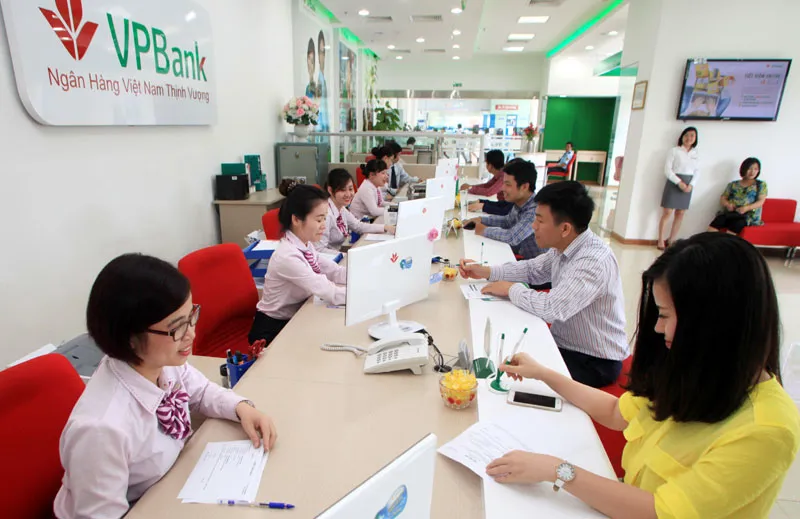Enterprises, entrepreneurs are bedrock of a prosperous Vietnam
Vietnam now has nearly 900,000 businesses, up from just 5,000 in the early 1990s.
Today (October 13) marks the 78th anniversary of President Ho Chi Minh's letter to businessmen, entrepreneurs and traders urging them to support Vietnam’s socio-economic development.
In these 78 years, the business community has made great efforts to drive the nation's growth. They were the ones who donated gold and assets to the fledgling Vietnamese Government in the early days of national independence.
| Prime Minister Pham Minh Chinh poses for a group photo with business leaders on October 11. Photo: VGP |
Since the launch of the Doi Moi (Renewal) process in 1986, Vietnam's open economy has allowed domestic enterprises to flourish. The number of enterprises in Vietnam has grown from only 5,000 in the early 1990s to nearly 900,000 today. The government expects the number to reach one million soon.
Together with foreign-invested enterprises, State-owned enterprises, and cooperatives, they have created one of the most dynamic communities in the world, raising Vietnam's status among other nations.
Vietnam is now one of the world's 40 best performing economies. It is also among the top 20 nations in terms of value of international trade, and per capita income has soared 48-fold in 37 years to US$4,110 in 2022.
On September 20, 2004, the government designated October 13 as the Vietnamese Entrepreneurs’ Day, an event for executives and business leaders to gather and discuss solutions to improve their performance and drive Vietnam's economy forward.
"As enterprises are the spearhead, their leaders and executives are the quintessence of the national economy," said Pham Tan Cong, Chairman of the Vietnam Confederation of Commerce and Industry (VCCI).
"With a community of 10 million entrepreneurs, including company directors and executives as well as business households, Vietnam now has a great resource that will drive the nation to build a self-reliant, resilient and globally integrated economy," he said.
He said the capabilities of Vietnamese enterprises have made significant progress in corporate governance, operations, and international cooperation.
Many enterprises have now reached out to regional and global markets, such as airline Vietjet, carmaker Thaco, real estate developer and smart mobility producer Vingroup, telecom conglomerates Viettel and FPT, dairy producer Vinamilk, and food exporter Loc Troi, he said.
"They are the big brothers leading and guiding their respective industries as well as local governments and smaller businesses to grow," the VCCI chairman said.
"Their business activities over a long period of time have contributed to improving the country's infrastructure and people's living conditions," he said.
Minister of Planning and Investment Nguyen Chi Dung appreciated local companies for their efforts and cooperation with the government during the hard time of diseases, global tensions and economic crisis.
"In Q3/2023, we saw about 60,000 enterprises either open or resume operations, up 18% year-on-year. In January-September, the total number is 165,000 companies, 1.2 times higher than the average in 2018-2022," he said.
The performance of businesses has also expanded significantly, resulting in higher revenues, tax payments, and progress of the Vietnamese economy, he said.
According to the minister, non-State enterprises earned a total of VND11.8 quadrillion ($482.5 billion) in the first six months of 2023, up 16% year-on-year. Corporate income tax collected from enterprises in January-September 2023 was worth VND248 trillion ($10 billion), up 17% year-on-year. In January-September, Vietnam welcomed nearly nine million tourists with total revenue estimated at VND26.5 trillion ($1.1 billion), up 48% year-on-year.
Difficulties and challenges
Despite the highlights, Vietnamese businesses are still concerned about the obstacles and bottlenecks that could undermine their performance.
| A branch of VPBank. Lending rates and access to financial credit are key concerns for Vietnamese companies. Photo: The Hanoi Times |
Dinh Hong Ky, chairman of tile manufacturer Secoin Corporation, worried that exports have declined over the past three years as the economic recession weakens consumer demand and purchasing power.
"International standards are changing. We have to improve or face being squeezed out of the market," he said at a meeting between the government and local businesses this week.
Ky expects the real estate market to flourish in the coming years, and that the government and local businesses will work together to overcome challenges.
Thai Huong, chairwoman of dairy producer TH Group, recommended the National Assembly and the government make changes to laws on land management, water resources, and housing.
These changes will make it easier for domestic enterprises to achieve sustainable development and operation, she said.
These are the times and opportunities for Vietnamese enterprises to build their partnerships with global companies, said Truong Gia Binh, Chairman of the telecommunications and technology group FPT.
He thanked the Government for having signed a total of 16 free trade agreements and preparing to sign three more, giving Vietnamese enterprises more opportunities to cooperate with foreign investors.
He suggested that the government, ministries, and relevant agencies work to lower interest rates so that Vietnamese enterprises can become stronger in the market.
Prime Minister's promises
Prime Minister Pham Minh Chinh has pledged that the Government will accompany Vietnamese businesses to remove all obstacles to future growth.
He said ministries and local governments will review all reported difficulties and find ways to solve them.
The Government will take measures to maintain macroeconomic conditions, improve the business environment and transparency, remove unnecessary barriers, and speed up digital transformation among all agencies to better support businesses, he said.
The Central Bank, ministries and Government agencies will improve the access of people and businesses to financial resources and create new products and services for the capital and real estate markets, the Prime Minister added.













